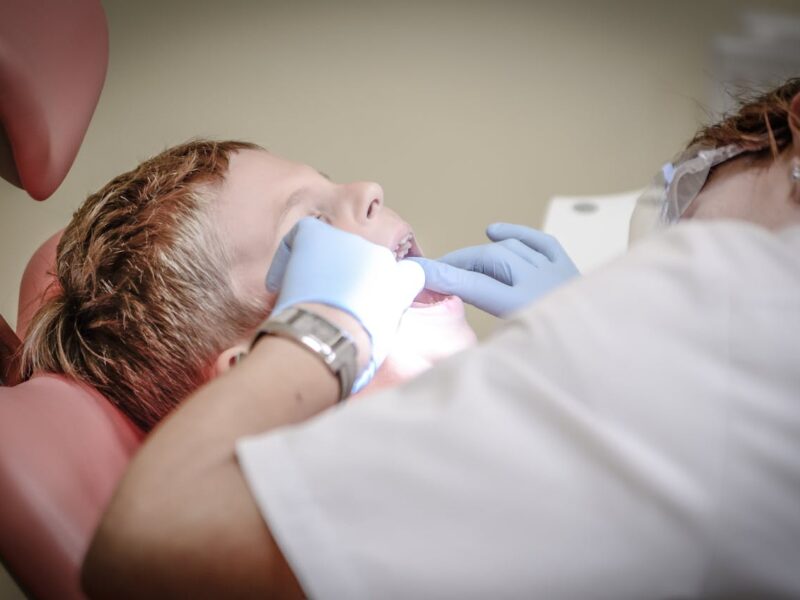Many people worldwide are living with some form of dementia. Most have Alzheimer’s disease, making it the top cause of dementia but not the only type of dementia.
“What is Alzheimer’s disease” and “what is dementia” are the common questions people make. Knowing the differences will help everyone aid you.
What is the difference between Alzheimer’s disease vs dementia? These are the differences and similarities.
Read on!
Contents
Clinical Characteristics of Dementia and Alzheimer’s
Alzheimer’s Disease and Dementia represent different types of brain degenerative disease. But there are important distinctions to be aware of when considering the two.
Alzheimer’s disease and dementia are often used. But they are different clinical conditions. Dementia is a term used to describe the symptoms of cognitive declines, such as:
- memory impairment
- difficulty completing familiar tasks
- difficulty understanding language
- concentration and problem-solving
Alzheimer’s is the most common form of dementia. Alzheimer’s presents with an early onset of amnesia. Impaired visual abilities, executive function, and language difficulties come after.
Dementia is presented with a variety of symptoms, depending on the underlying cause. Dementia tends to occur more slowly. While Alzheimer’s Disease strikes faster and progresses to a more critical state.
Alzheimer’s may involve other physical symptoms and Parkinsonism. Whereas these findings may be rare with dementia.
Assessing Distinctions between Dementia and Alzheimer’s
Dementia contains four distinct categories. Each with its own unique features, but each is under the same umbrella diagnosis. These categories are:
- Alzheimer’s disease
- vascular dementia
- dementia with Lewy bodies
- frontotemporal dementia
Dementia is not only associated with memory loss. But it can occur from strokes or other medical issues. Whereas Alzheimer’s is a degenerative neurological disorder.
Diagnosis of each of these conditions must be considered. Dementia is more responsive to treatment. While Alzheimer’s is progressive and unresponsive.
Treatment for Dementia and Alzheimer’s
Treatment for dementia and Alzheimer’s is similar, though they may vary. The main difference between Alzheimer’s and dementia is the cause.
In general, dementia is caused by many diseases or conditions. Treatment focuses on symptomatic relief and on reducing complications of the disease.
It may include medications, psychological and social interventions, and support groups. This treatment also focuses on:
- increasing safety
- providing emotional and physical comfort
- maintaining independence for as long as possible
For Alzheimer’s, additional treatments are available that are specific to the disease. These treatments, such as cholinesterase inhibitors, focus on helping reduce memory and other cognitive impairment.
When to Take a Cognoscopy Test
A Cognoscopy test can diagnose these conditions. It is a computerized assessment that determines a person’s cognitive health. Conducting this test identifies signs of cognitive deterioration. It also measures a person’s ability to remember, reason, and comprehend.
The Cognoscopy test can also help differentiate between Alzheimer’s and Dementia. Taking a Cognoscopy Test can help provide a more precise diagnosis. This leads to the right treatments that can be sought to improve the quality of life of the patient.
Understanding the Risk Factors of Both Conditions
There are various risk factors for both conditions, including age, genetics, and lifestyle. Understanding the risk factors can help improve detection, diagnosis, and treatment. Both conditions involve memory problems as well as changes in daily functioning.
Alzheimer’s disease is a specific type of dementia that progresses in stages. While dementia refers to memory loss and difficulty performing everyday activities.
Alzheimer’s involves a gradual loss of cognitive ability. While the patterns of decline associated with dementia are more varied.
For Alzheimer’s Disease, the main risk factor is age. Those over age 65 are at the greatest risk of developing it. Other risk factors include having a family history of the disease and a major head injury.
Dementia can have a variety of causes, including:
- a head injury or stroke
- drug or alcohol abuse
- other medical conditions such as Parkinson’s or Huntington’s disease.
Conditions like diabetes or high blood pressure may increase the development of the disease.
Understanding the risk factors is important to provide early diagnosis and treatment. It will also help in creating preventative measures. It is important to differentiate them to provide the best care for those affected.
Managing Care for Those Diagnosed with Dementia or Alzheimer’s
Managing care for those diagnosed with Dementia or Alzheimers requires a different approach for each. Dementia is an umbrella term that can refer to a range of conditions, such as:
- Alzheimer’s
- Parkinson’s disease
- Vascular dementia
They all differ in terms of root causes and therefore require individualized care. With the right kind of management, individuals living with dementia and Alzheimers can live independently while receiving support services to help them manage the condition.
This could include cognitive and behavioral programs, the inclusion of family and friends, the use of medication, and access to healthcare professionals to support better decision-making and quality of life. Caregivers must have the proper training to provide the best possible care.
Taking medication can improve dementia. But, Alzheimer’s cannot be treated the same way. Types of care such as behavioral and psychological treatments are also needed. It is important in managing the disease.
Also, many Alzheimer’s patients must be medically supervised. They also need residential care in an assisted living or nursing facility.
How to Support a Loved One with Alzheimer’s or Dementia
The best approach is to provide a nonjudgmental and compassionate environment. Make sure to establish a strong support network with family and friends.
Empower the person to stay involved in activities. Provide help with day-to-day tasks. These tasks may include:
- Shopping
- Meal preparation
- Light housekeeping
Make sure to engage them in meaningful activities and socialization. It can help them maintain a sense of normalcy and maintain their quality of life.
Be a good listener. Also, provide a consistent and reassuring conversation. Be free of judgment or blame. It’s a must in maintaining the well-being of persons with dementia-related diseases.
What You Need to Know About Alzheimer’s Disease vs Dementia
Alzheimer’s disease and dementia are two conditions with many overlapping features.
However, there are differences between Alzheimer’s disease vs dementia, the causes, and their symptoms. It is important to seek medical advice if you are experiencing memory or cognitive changes so that the cause can be determined and treated appropriately.
If you’re noticing changes in yourself or a loved one, contact your GP or a specialist for further assessment.
If you find this article educational, make sure to browse our blog for more interesting reads!



